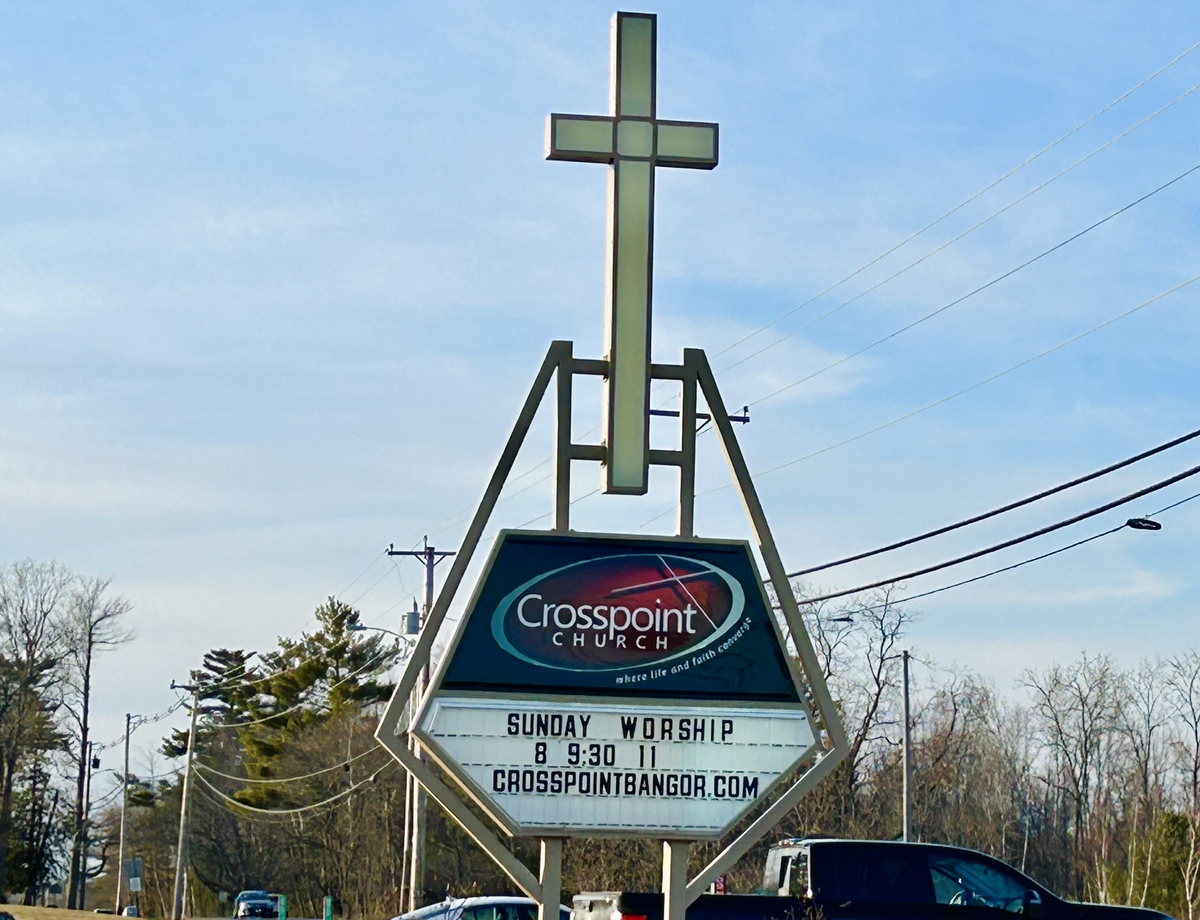Two Maine Christian schools argued to an appeals court that they should be allowed to accept state funding despite not wanting to follow Maine’s human rights law.
The schools, Crosspoint Church, which operates Bangor Christian Schools, and Auburn’s St. Dominic Academy, separately sued the state in 2023, claiming that Maine’s anti-discrimination law violates the schools’ freedom of religion.
Both cases were heard in a lower federal court, where a judge denied churches’ requests for an emergency ruling to allow the schools to receive funding. The churches appealed, and the cases went to the U.S. Court of Appeals for the First Circuit, which heard arguments Tuesday
The U.S. Supreme Court made a ruling in 2022 that allowed religious schools to receive state funding. The state then passed the Maine Human Rights Act, which has protections for LGBTQ+ students and staff. Schools that accept state funding have to abide by it.
The state funding is part of “town tuitioning,” which is state funding where students in specific towns, without public high schools, can attend other public or private schools.
Maine’s ongoing efforts to keep state funding from religious schools violates the U.S. Constitution, Crosspoint attorney Tiffany Bates said. Bangor Christian Schools will face hardship because the school cannot participate in the state tuition program without violating either its own beliefs or the state’s human rights act, Bates said.
“The state appears to believe that BCS can separate its religious beliefs from its religious identity,” Bates said. “It cannot.”
Bangor Christian School does not allow students to identify as a gender that is not what their sex was assigned at birth.
If St. Dominic’s accepted public funding, employees would have to use students’ preferred pronouns, which is “untenable,” because of the teachings of the Roman Catholic Church and Pope Francis, the school said.
One religious school, Cheverus High School, a Jesuit college preparatory school in Portland, participates in the program.
“Maine has treated religious schools exactly like non-religious schools in the tuition program,” Chief Deputy Attorney General Christopher Taub said. “Crosspoint is not looking for equal treatment. It’s not looking to be treated equally to non-religious schools.”
Taub, who is representing the state of Maine, said Crosspoint is looking for preferential treatment since every other school that receives public tuition payments in the program must comply with the Maine Human Rights Act.
Maine has been “playing a lot of games” throughout the lawsuit, making the position unclear at times, St. Dominic’s attorney Adele Keim said. At the core, Maine wants to deprive the school of its right to hire based on its religious beliefs about gender, marriage or sexuality, she said.
Taub said the state has “never played games.” The human rights act exempts religious organizations that do not take state funds. The requirements to follow the act only start once public money goes to an organization.
If an organization takes state money, it can no longer discriminate against someone based on their status, like being an LGBTQ+ person, Taub said.
The appeals court is expected to issue rulings in the coming months.
